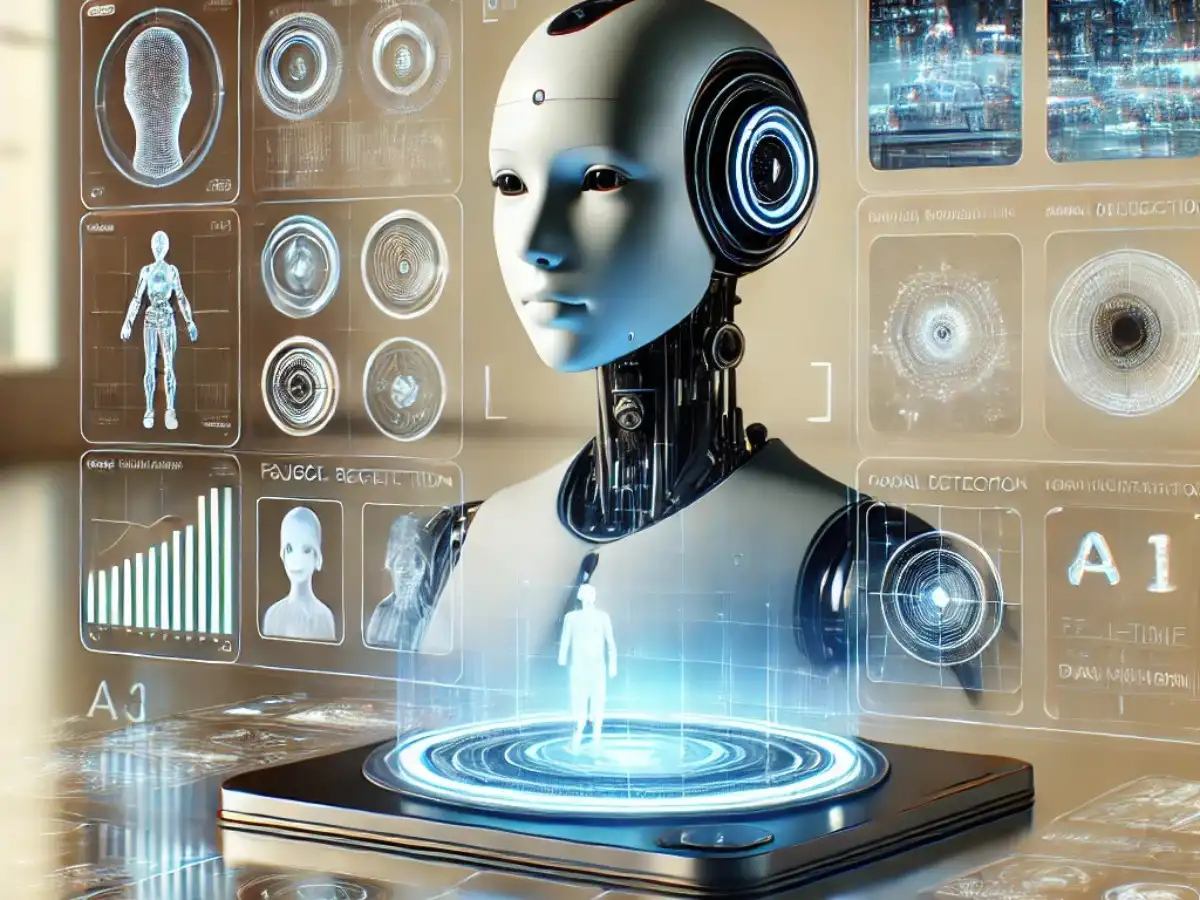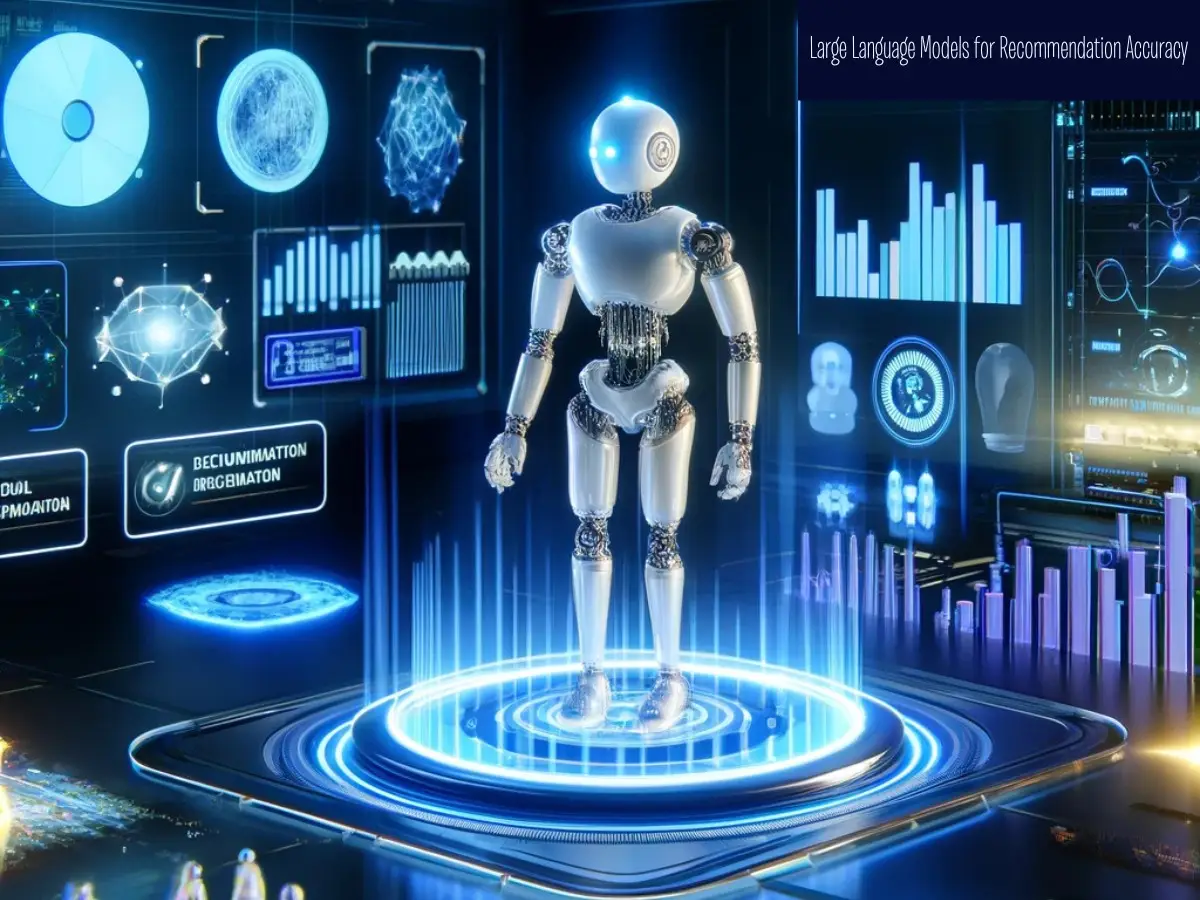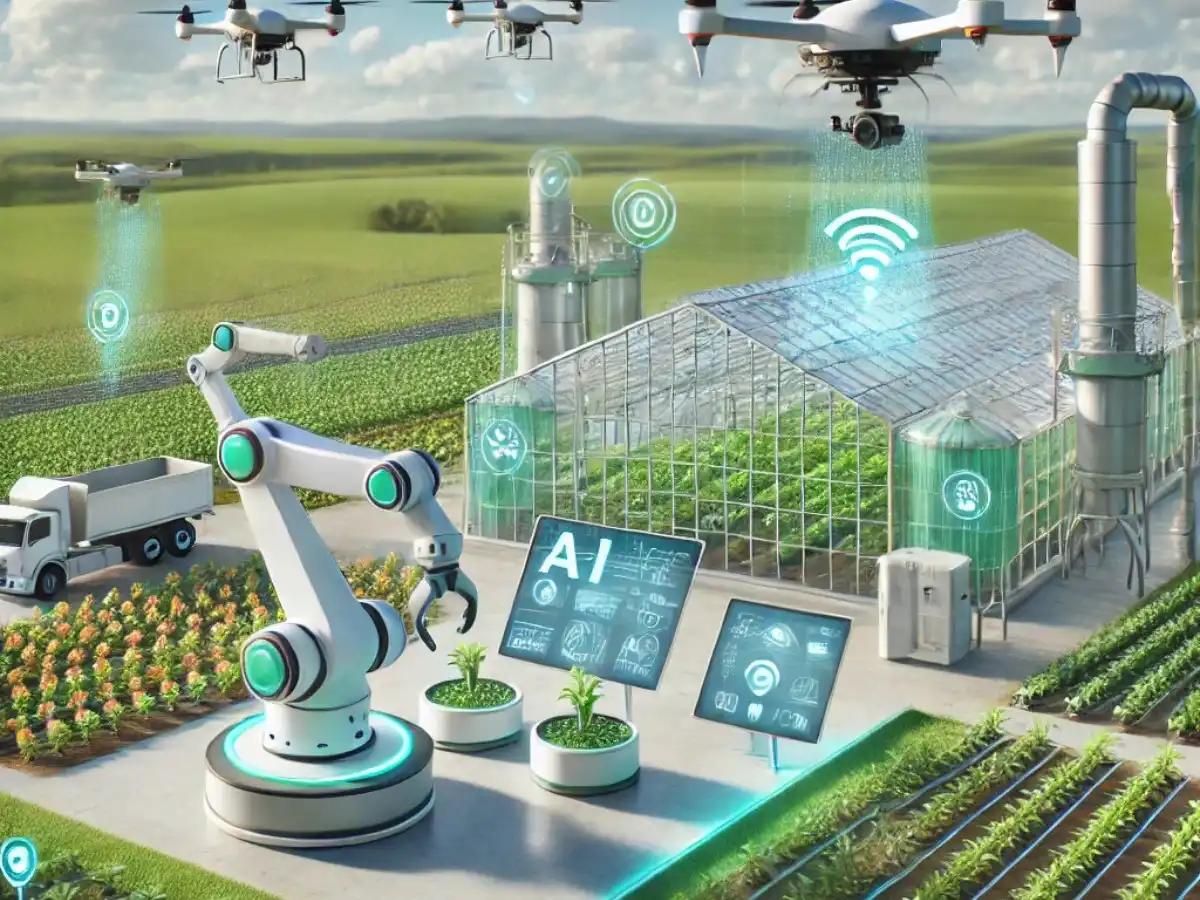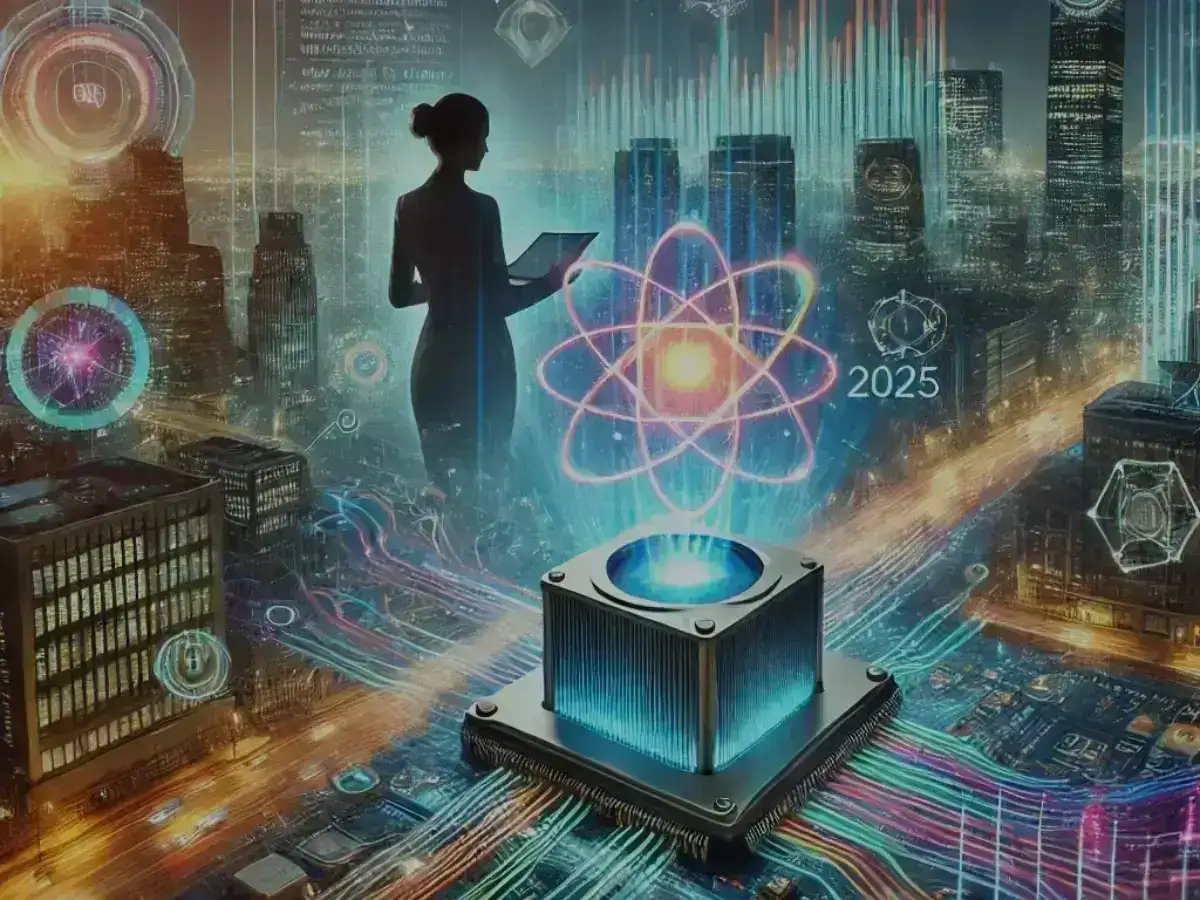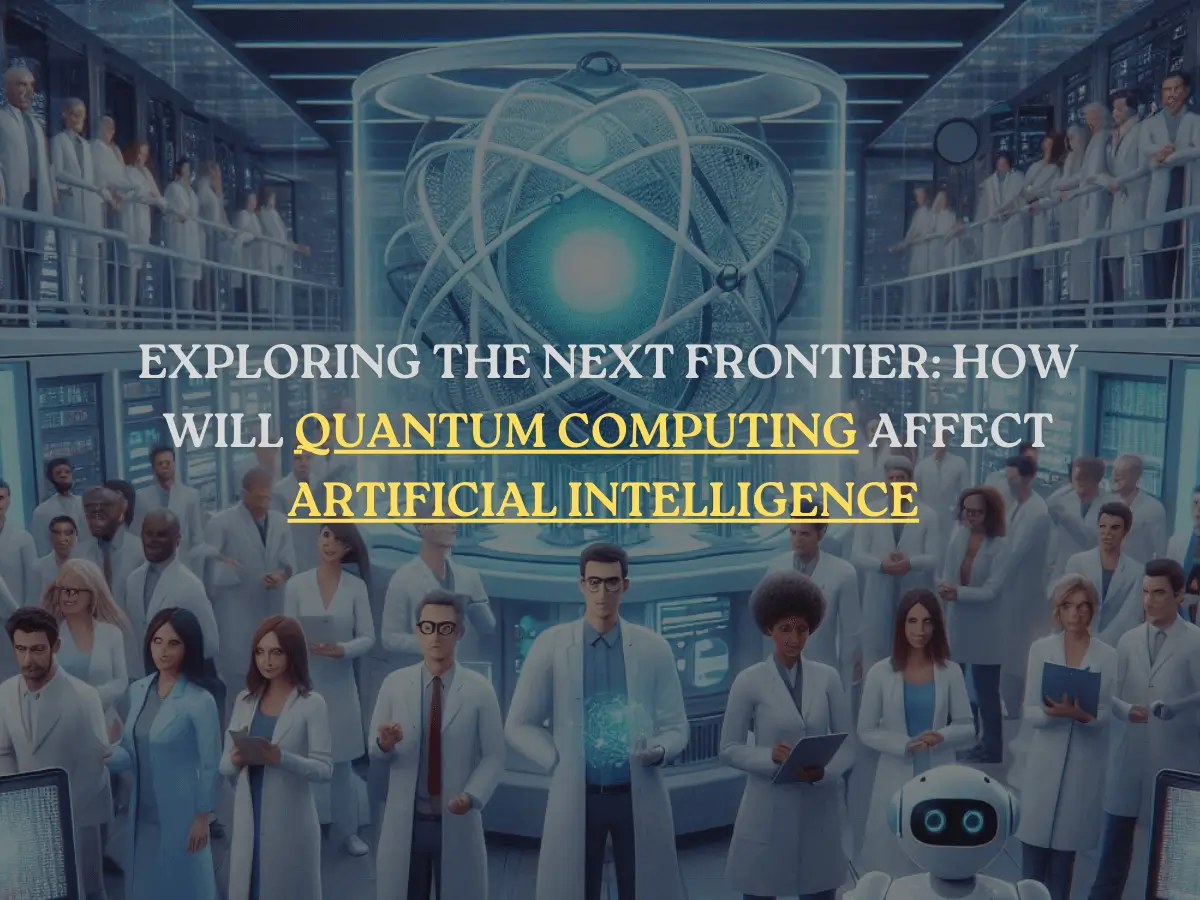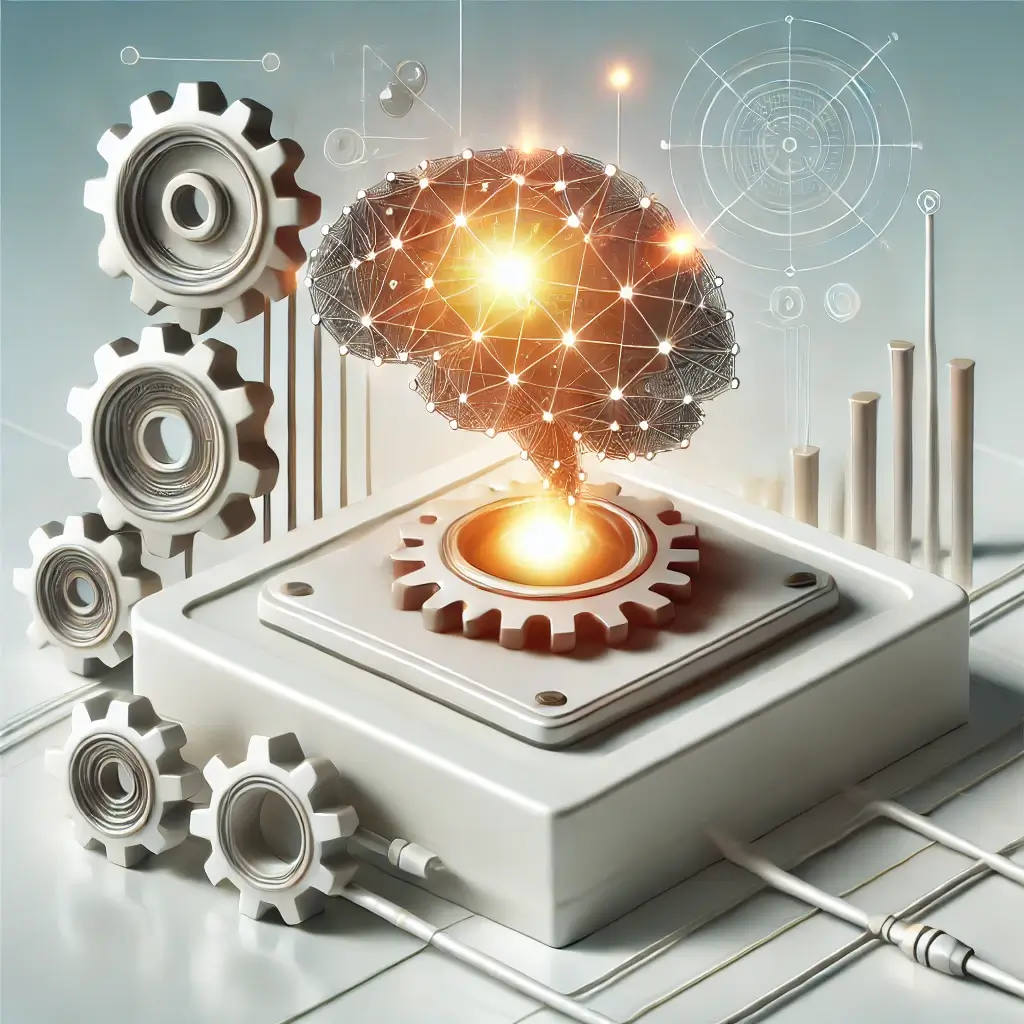Today’s world changes quickly, so different industries need a tailored approach to Custom AI Development in order to do well. With custom AI solutions, manufacturing can improve predictive maintenance, healthcare can get better with personalized medicine, and retail can improve customer analytics. In this blog we see how custom AI solutions are transforming industries.
To fully utilize the transformative power of AI necessitates, experts in the field and AI makers must work together. Because of this, solutions that are not only new but also useful and scalable are created. Businesses can improve processes, make customer experiences better, and come up with new market strategies that lead industry leaders to a future full of endless possibilities by tailoring AI to the needs of their industry.
How Custom AI Solutions Are Transforming Industries
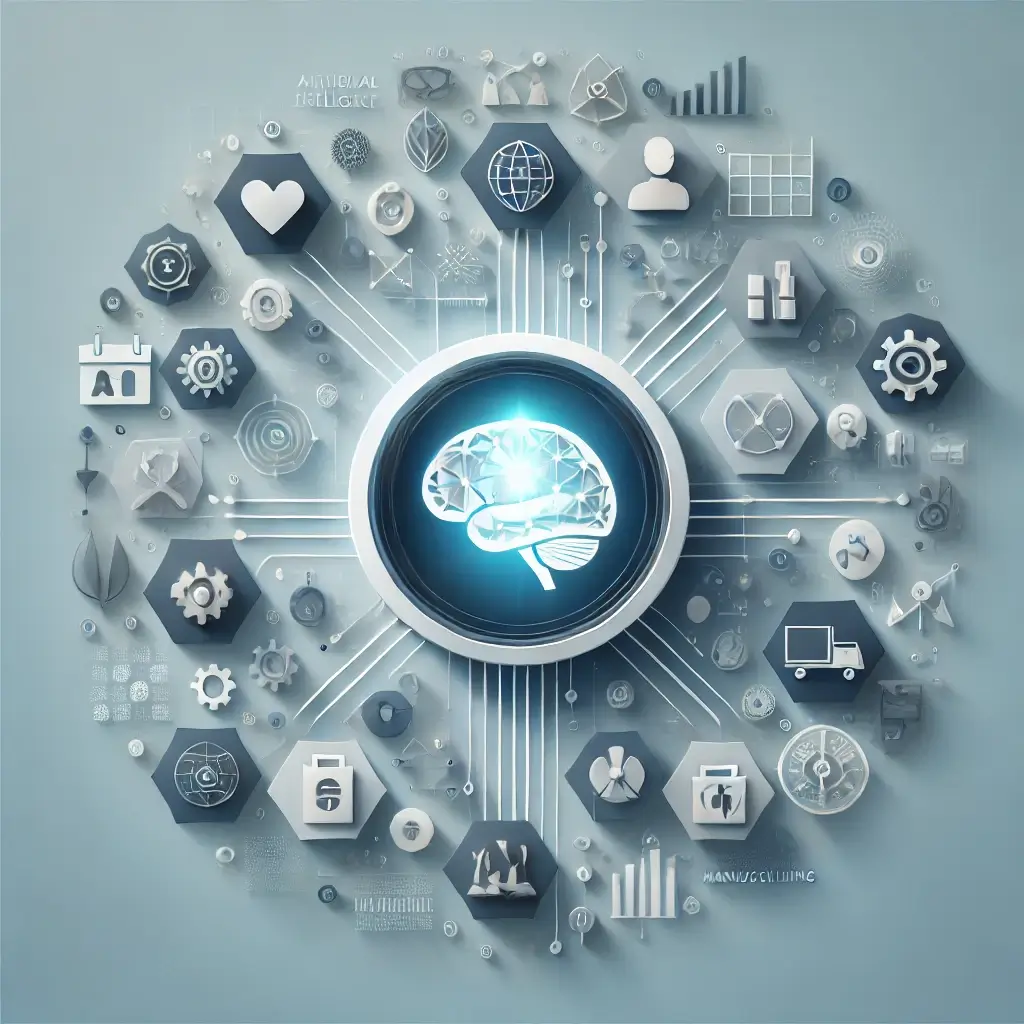
👉🏽Learn about 5 Free APIs for Building AI Applications👈🏽
AI in Retail and E-commerce
Revolutionizing shopping experiences across physical and digital.
The retail industry has been completely transformed by AI. Businesses may boost customer happiness and loyalty by using custom AI solutions to provide unique personalized shopping experiences for consumer. In addition, AI can assist predict consumer demand, which means stores can better anticipate trends and stock up when they need to.
Custom AI supports personalized recommendations. How custom AI solutions are transforming industries?
Not only can these AI-driven insights, improve shoppers’ experiences, but they also provide merchants with useful analytics that help them provide service that is second to none.
Machine learning and AI-driven innovations can revolutionize everyday operations by providing organizations with strong data analytics. The boundless potential of tailored AI development to fuel growth and deepen customer connection is setting the stage for substantial and dramatic changes in retail and e-commerce as we move through 2023 and beyond.
Benefits of AI in Retail and E-commerce
- AI recommendation engines bring customers through the provision of highly tailored product suggestions based on their tastes, interests, and past purchases.
- By anticipating future demand trends, AI optimizes stock levels, eliminating waste, and preventing overstocking and stockouts.
- Chatbots and virtual assistants which is powered by AI help customers 24/7, answering their queries and making their purchasing experience better.
- Profitability by real-time price adjustments in response to demand, competition, and market trends.
- In order to protect customers’ personal and financial information, AI keeps an eye out for suspicious tendencies in transactions.
- AI improves logistics by minimizing shipment times, optimizing delivery routes, and predicting demand, which guarantees efficient management of the supply chain.
- Customers may enhance their purchasing journey using AI-powered tools that allow them to search for things using photos and virtually explore items.
AI in Healthcare and Medicine
Artificial Intelligence (AI) is transforming the healthcare sector, providing immense opportunities for improving patient care, streamlining operational processes, and facilitating innovative progress in medical research.
Tailored AI development, including machine learning, drives numerous cutting-edge healthcare solutions and advancements.
AI-driven tools, such as computer vision, enhance disease diagnosis accuracy, forecast patient outcomes, and customize treatment approaches, thereby revolutionizing healthcare into a more predictive and preventive field.
These custom AI solutions are essential for automating intricate medical activities, facilitating rapid analysis of extensive information, and promoting data-driven decision-making.
AI enables early disease detection of ailments like cancer, analyzes intricate genetic data, and predicts patient reactions, hence creating transformative healthcare paths and discoveries.
The influence of AI on the current healthcare sector presents an optimistic outlook for the future. Tailored AI technologies are at the forefront of transforming patient experiences and enhancing healthcare standards.
Benefits of AI in Healthcare and Medicine
- Powerful AI like computer vision and natural language processing provides diagnoses that are tailor made by analyzing medical images, patient history, and genetic data. AI analyzes patient specific data and as a result, crafts treatment strategies that ensure more effective and targeted care.
- Lessen the load on healthcare staff’s shoulders by ai automating menial tasks such as billing, scheduling or even managing electronic health records.
- Machine learning lends a hand in speeding up the drug development process by predicting how well potential candidates will work after sifting through huge datasets.
- With the use of real-time patient data from wearable devices, AI augments virtual healthcare by offering insightful patient monitoring aids during remote consultations.
- Patterns and insights that fuel medical innovations are discovered as researchers sift through millions of data with the help from AI.
- As AI effortlessly boosts operational efficiency, healthcare becomes far more affordable without compromising the quality.
AI in Agriculture: Transforming Farming with Artificial Intelligence
The farming industry is being transformed by artificial intelligence (AI) as it opens doors to develop crop productivity, enhance resource use and deal with the issue of global food Security.
Applications of AI in Agriculture
- Smart Farming: Farmers are now able to use AI-powered drones and IoT sensors to monitor their crops and weather conditions for more effective farming.
- Intelligent Pest Control: Crops are protected from pesticides and other harmful substances through the use of AI technology which enable farmers to detect pest issues early.
- Foreseeing Crops Production: Farmers can now anticipate the crop production with the help of machine learning predictive analytics systems that use past and real-time data.
Benefits of AI in Agriculture
- Better resource efficiency with smart irrigation systems.
- Enhanced optimization of input use leading to increased sustainability.
- Empowering of decision making and risk management as a result of real-time monitoring.
- Increasing automation of tedious tasks such as harvesting using AI integrated robotics.
Future of AI in Agriculture
AI aided machinery alongside predictive analytics are reforming the methods employed to grow crops in a manner that makes farming smarter. These innovations in AI technology are aiding agriculture to become more sustainable and adept to climate changes while employing less resources.
AI in Finance and Banking: Driving Innovation and Efficiency
Artificial intelligence is transforming the fintech and banking sector today by increasing productivity, enhancing customer service, and improving security measures.
Applications of AI in Finance and Banking
- Fraud Detection: AI programs monitor transaction activities to identify any unusual behavior that could indicate fraudulent acts.
- Automated Customer Support: Chatbots offer a quick automatic solution to solve customer inquiries.
- Risk Assessment and Management: Credit scoring techniques and loan default probability evaluation models based on machine learning facilitate better decisions.
Benefits of AI in Finance and Banking
- Fraud detection tools have made it more reliable and safer.
- Client’s overall well being is enhanced due to greater opportunities to optimize funds.
- Decisions are made faster because of current and continuous analysis of data.
- It improves efficiency with the automating of mundane tasks.
Future of AI in Finance and Banking
AI is at the forefront of bringing innovation into the provided services, achieving a new level of secure, customized, and easy banking. The long-term transformations of the industry include the broadening of accessible financial services and improved decision-making as AI progresses.
AI in Manufacturing: Redefining Production with Artificial Intelligence
AI is changing the way products are developed in manufacturing industries by enhancing automation, improving quality checks, and increasing productivity even further.
Applications of AI in Manufacturing Industries
- AI Predictive Maintenance: Analyzing equipment data to pre-emptively prevent failures and service them when needed lowers downtime.
- AI Quality Control: A Computer system that capable of detecting vision-based manufacturing errors.
- AI Supply Chain: Improves logistics and inventory control to speed up processes and cut their expenses.
Benefits of AI in Manufacturing
- Boosted productivity due to the automation of certain mundane and menial tasks.
- Cost efficient due to effective management of resources.
- Enhanced product quality due to detection of flaws during the manufacturing process.
- Enhanced safety due to monitoring of dangerous situations through AI systems.
Future of AI in Manufacturing Industries
AI is at the core of unmanned factories, which are the new vision of the future where productivity, innovation, and efficiency blend into a single unified approach. This enables decisions to be made instantly and sustainably, taking the manufacturing of today into the future.
AI in Transportation and Logistics: Revolutionizing Mobility and Supply Chains
Artificial intelligence (AI) is fundamentally changing transportation and logistics by powering more intelligent mobility, precise supply chains, and improved routing.
Applications of AI in Transportation and Logistics
- Self-Driving Vehicles: AI self-driving cars and self-driving trucks enable the automation of driving functions while also minimizing human mistakes, maximizing safety.
- Optimizing Routes: AI machine learning algorithms determine the fastest and most economical routes for deliveries maximizing time and fuel efficiency.
- Predicting Demand: Advanced analytics helps firms predict their demand requirements allowing them to stock inventory strategically solving a logistical problem.
Benefits of AI in Transportation and Logistics
- Decreased time of deliveries using automated predictive algorithms and tracking.
- Efficient fleet management diminishes fuel usage.
- AI-driven systems predict delivery estimates improving customer satisfaction.
- Increased safety through AI surveillance systems.
Future of AI in Transportation and Logistics
AI is changing the way we use mobility because of self-driving cars as well as supply chains. The AI will check for efficiency, sustainability, and innovation for logistics which will result in a more advanced and connected world.
AI in Energy and Utilities: Powering a Sustainable Future
AI technology optimizes energy usage, improves management over the grid, and encourages eco-friendly actions. Smart AI technology is a profit maker for the energy and utility sector.
Applications of AI Energy and Utility Sector
- If a smart grid enabled, AI will help in the proper allocation of resources over the entire country while minimizing waste.
- The utilization of machine learning will allow for predicting the weather’s impact on solar and wind-based energy generation to ensure it is done in an efficient manner.
- A high level of AI will be able to evaluate the consumption of energy and point out any areas exhibiting inefficiency alongside suggesting improvements.
Benefits of AI Energy and Utility Sector
- Greater energy efficiency with insights available in real time.
- With the optimization of renewable energy sources, the impact on the environment will reduced.
- The entire distribution system of energy will most likely become more reliable over time.
- Historical data possess trends that will allow for accurate predictive maintenance of infrastructure and thus provide cost savings.
There is no denying that AI is allowing for the smarter utilization of renewable sources. There is a change happening in the energy sector and we can sure that the future of energy will be powered by AI innovations for a greener, efficient world.
AI in Real Estate: Transforming Property Management with Artificial Intelligence
Artificial Intelligence or AI is changing the game for the real estate sector by optimizing property management, enhancing user experience, and facilitating data informed decision making.
Applications of AI in Real Estate
- Property Valuation: AI models assess trends and provide reliable property valuation services.
- Virtual Tours: AI powered platforms provide deep virtual tours of the property and engage customers better.
- Tenant Management: AI simplifies and streamlines the tenant screening process and leases management.
Benefits of AI in Real Estate
- Transactions of property completed quicker with processes automated.
- Clients have better experiences with AI through personalized property recommendations.
- More effective decision making achieved with real time market information.
- Savings on operational expenditure through automation of standard procedures.
Future of AI in Real Estate
The AI technology is remaking the estate market as it aids in decision making and automates processes. The future of real estate rooted in more personalized, quicker and stronger services provided by Artificial Intelligence.
How custom AI solutions are transforming industries
With AI-driven automation technologies, companies are duplicating efficiency and reorganizing their processes on a cross-industry basis, unlocking new potential.
- Improved Productivity: Delegating mundane tasks helps allocate resources toward new strategies.
- Virtue in Costing: Operational costing goes down due to effective process management and lower margins of error.
- Versatile Growth: Effortlessly boost scale, while repositioning to flex with the ever-changing market.
- Quickened Innovation: Aid innovation by utilizing AI technologies for business intelligence.
The integration of AI powered automation allows for the conversion of traditional ways of work into quick adaptive systems.
Make use of this technology in order to remain relevant in this ever-increasing rate of digital evolution.
Conclusion
Artificial Intelligence is changing industries globally and spurring innovation, efficiency and growth at an astonishing scale. AI is transforming how businesses function and adds value and how custom AI solutions are transforming industries. Its impact felt everywhere from agriculture and healthcare to finance, manufacturing, and transportation.
Experts anticipate these advancements will achieve operational efficiency. It is creating opportunities for better outcomes, smarter resource management, and personalized experiences across a variety of industries. And, by using AI tools, organizations are solving age-old problems. It is enhancing productivity and sustainability with data backed decisions that optimize processes.


